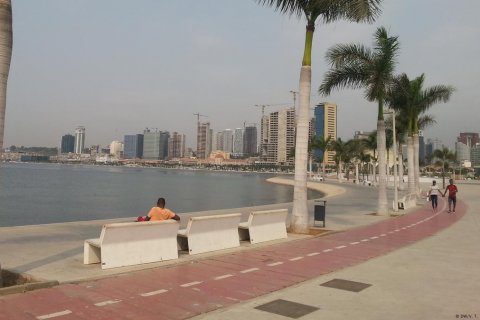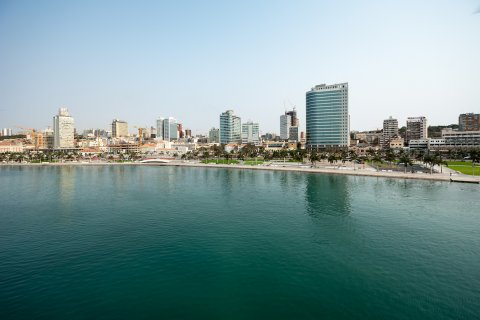Sérgio Raimundo addressed the topic of "The New Political-Administrative Division and the Institutionalization of Local Authorities: Needs and Opportunities" this Monday at a Conference on the Organization of the State in Angola, an initiative of the UFOLO Center for Studies for Good Governance.
With the new Law on Political-Administrative Division, published last month in the Official Gazette, Angola has gone from 18 to 21 provinces and from 164 to 326 municipalities, in order, according to the Government, to ensure the harmonious development of the country, bringing services and political decision-making centers closer to citizens.
"Civil society, churches, and NGOs [Non-Governmental Organizations] must work with the OAA to attack this law before 2025 arrives," he said.
The university professor argued that civil society should exert its role in putting pressure on state institutions, by taking action against the OAA, forcing it "to take certain actions to assert its rights".
According to the lawyer, this new political-administrative division "must be challenged and the Order can do so through the so-called abstract successive review".
"We should indeed consider arguing the unconstitutionality of this rule, which, in my view, violates certain precepts of the Constitution", he said.
For Sérgio Raimundo, instead of talking about the political-administrative division, we should instead "think about the institutionalisation of local authorities", considering that this change was neither necessary nor timely, as it "will brutally increase public spending, at a time when Angola is experiencing a chaotic economic and financial situation".
The academic stressed that a political-administrative division must be preceded by a multidisciplinary study, a task that cannot be carried out exclusively by lawyers, "who focus on rules and many of whom barely know the country and the cultural reality of the people".
"We need to reduce public spending, we need to improve the quality of public spending, we need to define priorities. The first in Angola is to save people's lives, we have people dying of hunger, eating from garbage containers, this is the main priority", he declared.
In addition to the OAA, Sérgio Raimundo argued that civil society "must test" the deputies, "if they really represent and defend the interests of the people".
According to the lawyer, civil society can force one fifth of the deputies to request a declaration of unconstitutionality due to omission, because the State, 32 years later, has not created the conditions for the existence of local authorities.
"The Constitution also allows the Constitutional Court to be asked to declare the law unconstitutional by omission, because it is unacceptable that the Angolan State has not created the material conditions for the institutionalisation of local authorities since 1992, 32 years later," he added.
In his speech, deputy Olívio Kilumbo stated that the parliamentary group of the National Union for the Total Independence of Angola (UNITA) has already made progress in challenging the new law.
"We are waiting for more information and this forum was a fundamental element to improve the arguments needed to take this matter forward," he said.







